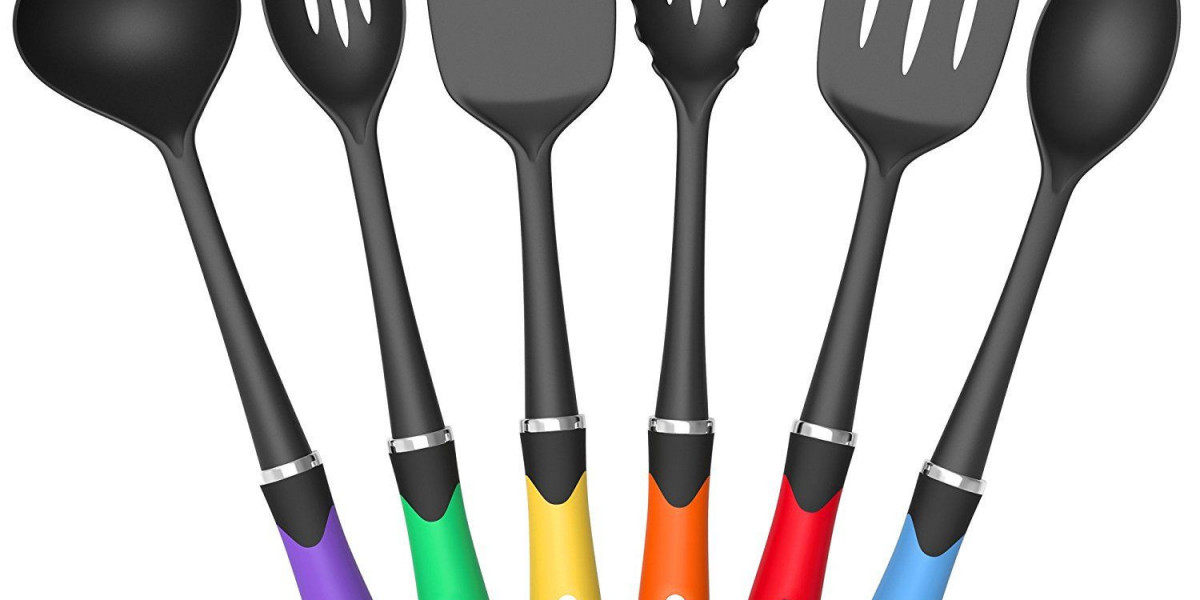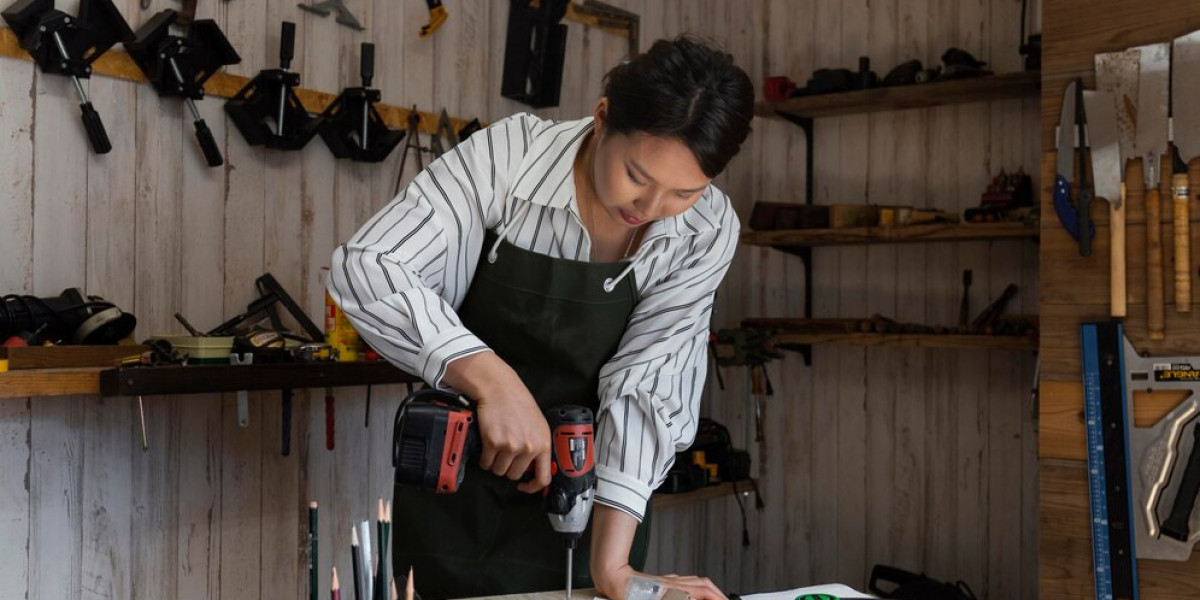Cooking utensils play a crucial role in the kitchen, influencing both convenience and safety. Among the various materials available, nylon utensils are widely used due to their affordability and non-scratch properties. However, many people wonder: is nylon safe for cooking? This article explores the safety of nylon utensils, their heat resistance, potential risks, and alternative options.
Understanding Nylon Cooking Utensils
Nylon is a synthetic polymer known for its flexibility, durability, and resistance to wear and tear. It is commonly used in kitchen tools such as spatulas, ladles, and tongs. Many prefer nylon utensils because they do not scratch nonstick cookware and are lightweight and easy to clean.
Despite their popularity, concerns have been raised about their safety when exposed to high temperatures. Knowing the heat resistance of nylon and whether it can leach harmful chemicals into food is essential for making informed choices.
Heat Resistance of Nylon Utensils
One of the most important factors when evaluating the safety of nylon utensils is their heat resistance. Most nylon cooking utensils can withstand temperatures between 400°F and 500°F (204°C - 260°C). However, exposure to temperatures beyond this range can cause the material to melt or degrade.
Common cooking methods that may expose nylon utensils to excessive heat include:
Frying at high temperatures
Leaving utensils on a hot pan or grill
Stirring extremely hot liquids like boiling oil
If a nylon utensil starts to warp or melt, it may release harmful compounds into food, raising safety concerns.
Potential Health Risks of Nylon Utensils
A major concern regarding the use of nylon utensils in hot foods is whether they release harmful chemicals. While nylon itself is considered relatively safe, there are some risks to be aware of:
1. Chemical Leaching
When exposed to excessive heat, low-quality nylon utensils may break down and release potentially harmful compounds such as bisphenol A (BPA) and melamine. These chemicals have been linked to hormonal disruptions and other health issues. To minimize risk, always choose BPA-free nylon utensils and avoid prolonged exposure to high heat.
2. Melting and Food Contamination
Nylon utensils can melt when left in direct contact with hot cookware or flames. If they degrade, small plastic particles may mix into your food, posing a potential health hazard. This is why it is crucial to use nylon tools only within their recommended heat limits.
3. Durability Concerns
Over time, nylon utensils may develop cracks and scratches, which can trap food particles and bacteria. This not only affects hygiene but also reduces the lifespan of the utensils. Regularly inspect your nylon utensils and replace them if they show signs of wear.
Safe Practices for Using Nylon Utensils
While there are concerns about using nylon utensils with hot foods, following safety precautions can minimize risks:
Check heat resistance: Always verify the manufacturer’s recommended temperature limits.
Avoid direct heat exposure: Do not leave nylon utensils resting on hot pans or near open flames.
Opt for BPA-free utensils: Choose high-quality, food-safe nylon utensils free from harmful chemicals.
Replace damaged utensils: If a utensil shows signs of melting, cracking, or discoloration, replace it immediately.
Handwash when possible: Although many nylon utensils are dishwasher-safe, handwashing can help extend their lifespan.
Alternatives to Nylon Utensils
If you are concerned about the safety of nylon utensils when cooking at high temperatures, consider alternative materials that offer better heat resistance and durability:
1. Silicone Utensils
Heat resistant up to 600°F (315°C)
Flexible, nonstick, and BPA-free
Safe for all types of cookware
2. Wooden Utensils
Natural, eco-friendly, and chemical-free
Gentle on cookware
Not heat-resistant but does not leach chemicals
3. Stainless Steel Utensils
Highly durable and heat-resistant
Best for high-temperature cooking
May scratch nonstick cookware
Final Verdict: Is Nylon Safe for Cooking?
So, is nylon safe for cooking? The answer depends on how it is used. When used within the recommended temperature limits and properly maintained, high-quality nylon utensils are generally safe. However, they are not ideal for high-heat cooking, as overheating can lead to chemical leaching and melting.
For safer options, silicone, stainless steel, and wooden utensils offer better durability and heat resistance. If you prefer using nylon utensils, always ensure they are BPA-free, avoid excessive heat, and replace them when damaged.
By following these safety guidelines, you can continue to enjoy the convenience of nylon utensils while ensuring your cooking remains safe and healthy.










